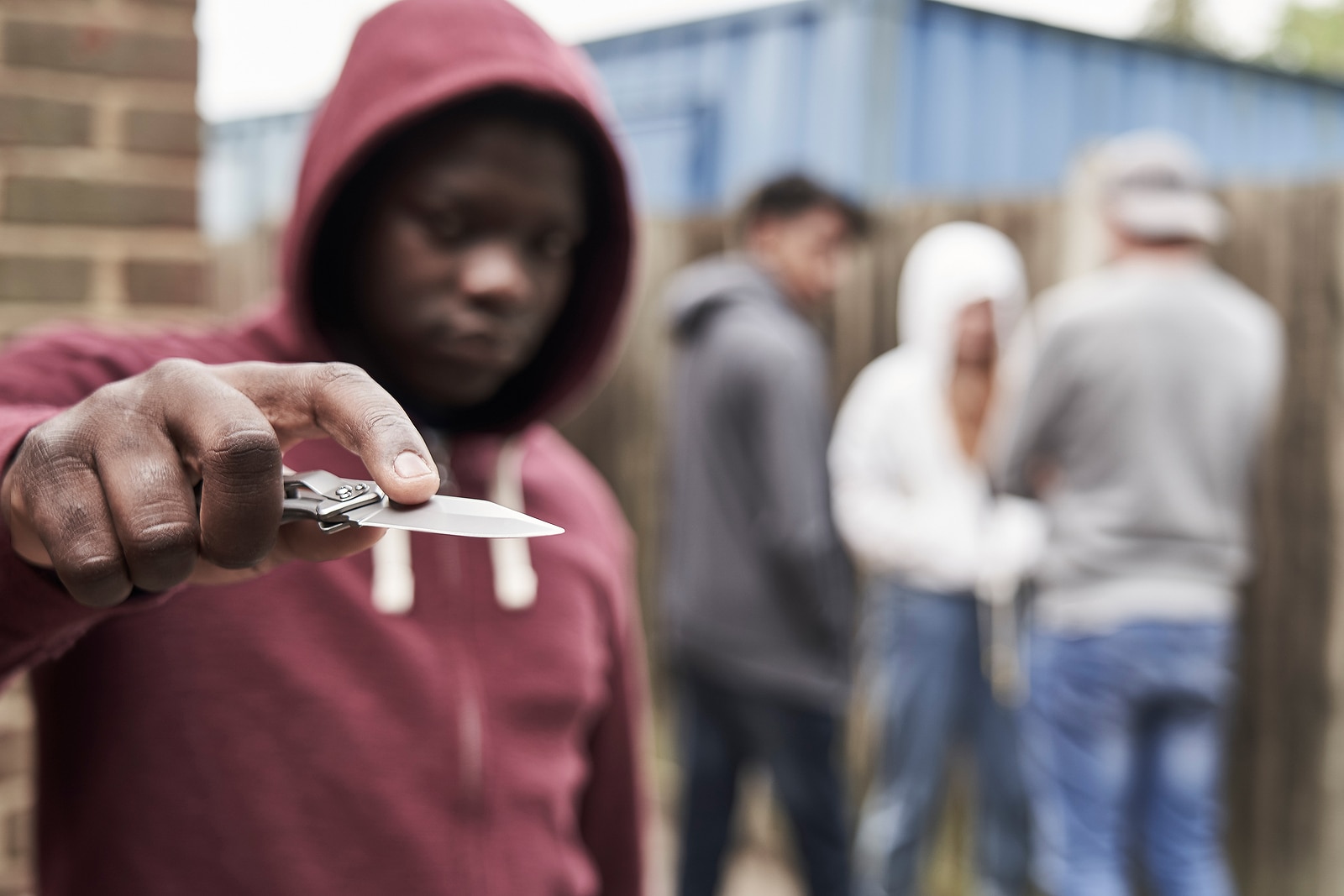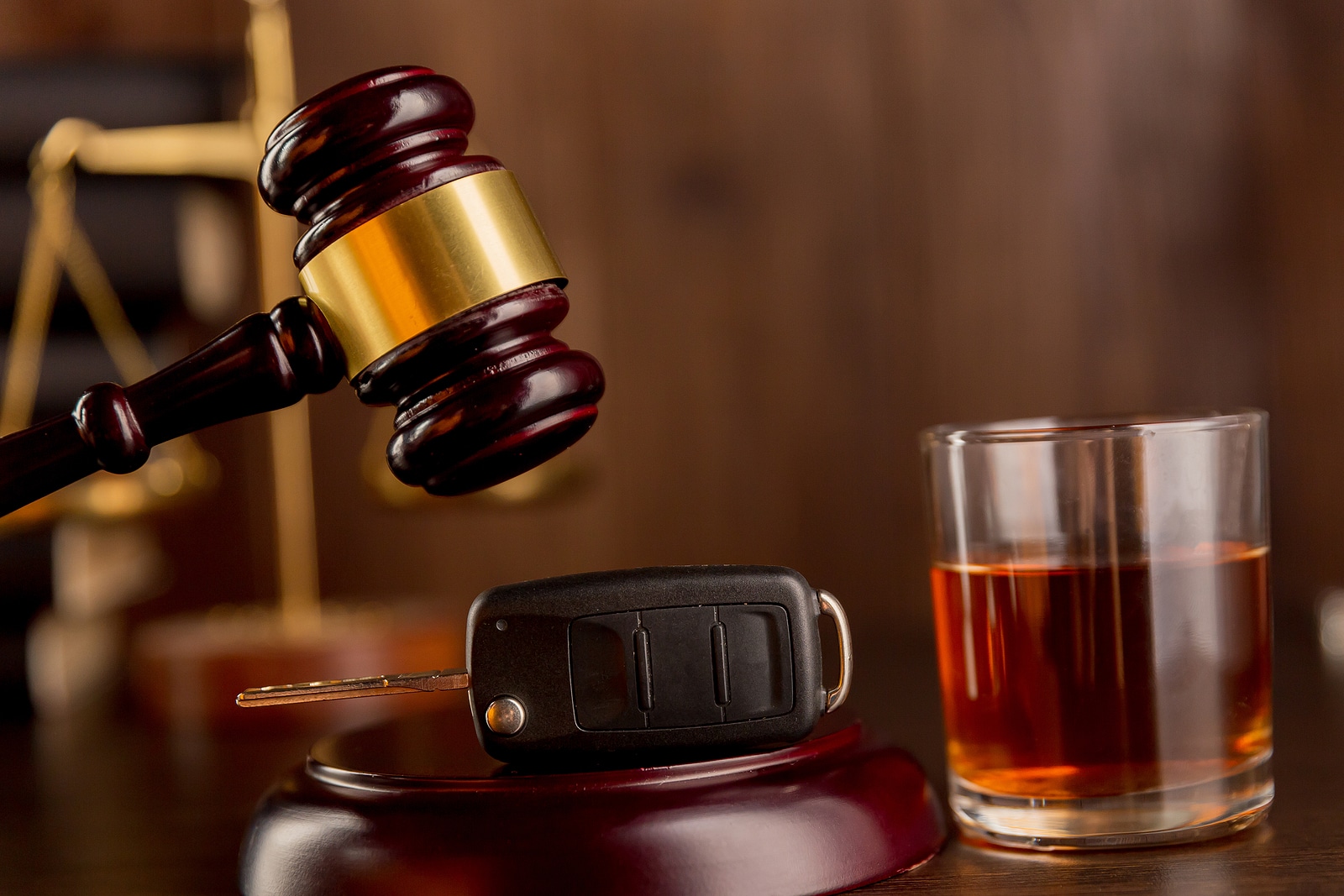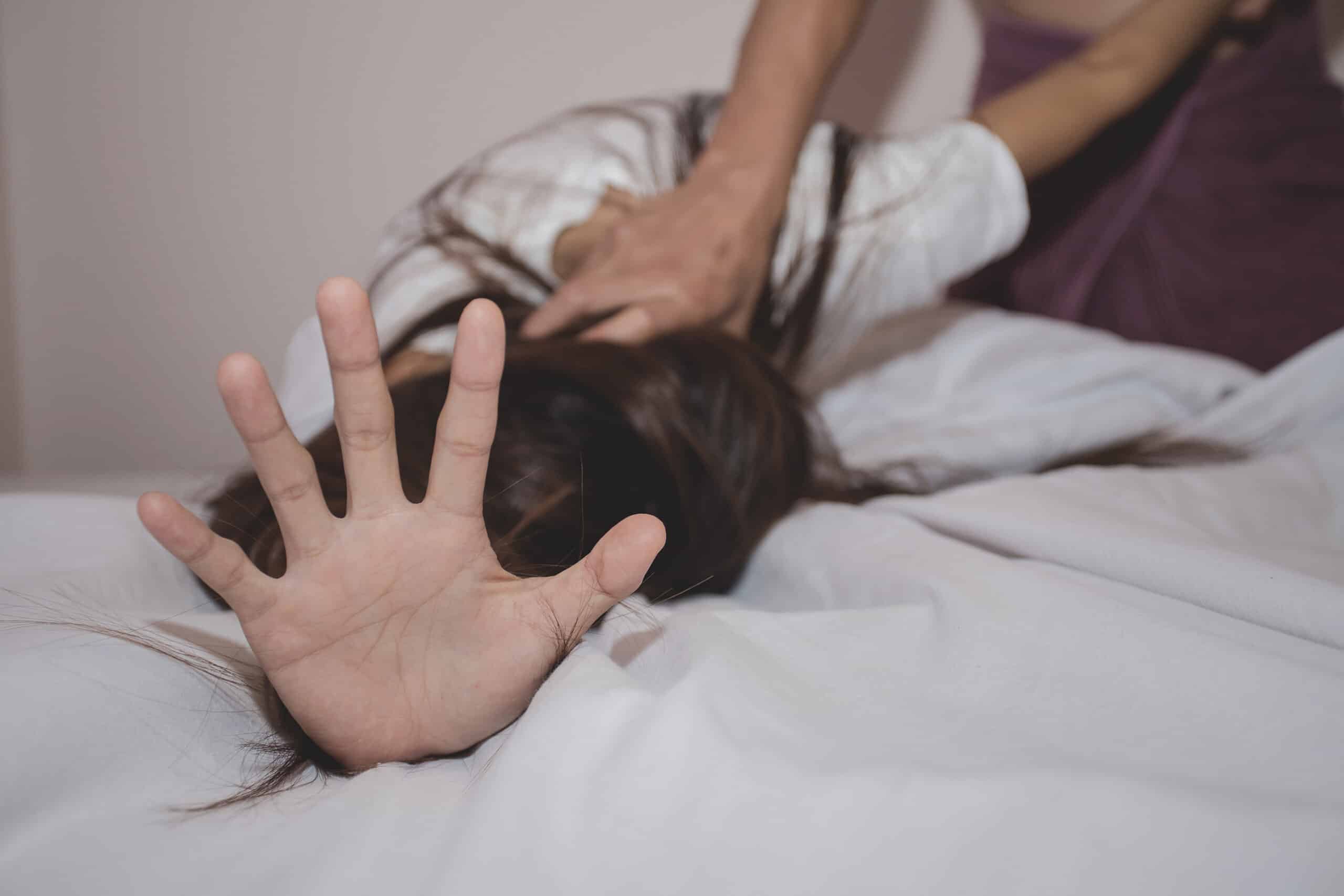The Unique Procedures of the Juvenile Court
Juvenile court procedures represent a distinctive branch of the legal system, specifically tailored to address the unique needs and circumstances of young individuals entangled in criminal activities. Unlike adult criminal courts, juvenile courts focus on rehabilitation and providing guidance to young offenders. In these proceedings, safeguarding the rights of juveniles is of paramount importance.
Right to Legal Representation
One of the fundamental rights in juvenile court procedures is the right to legal representation. Just like adults, juveniles have the right to an attorney. The presence of an attorney is crucial from the initial stages of a juvenile case, including police questioning and detention hearings. Legal representation is essential because it ensures that young offenders are guided through the complexities of the legal system. Attorneys advocate for the juvenile’s best interests, helping them understand the charges, legal processes, and potential consequences. They also gather evidence, challenge the prosecution’s case, and advocate for their client’s best interests.
Adequate legal representation is crucial for balancing the power dynamics inherent in the legal system, giving juveniles a fair chance to present their side of the case. Every juvenile facing delinquency charges has the right to an attorney, regardless of their financial situation. This ensures that young offenders have a competent advocate who understands the complexities of juvenile law and can effectively protect their rights throughout the legal process.
Right to Remain Silent
The right to remain silent is another cornerstone of juvenile rights. Juveniles, like adults, have the right to refrain from self-incrimination. This right protects them from being forced to testify against themselves, allowing them to avoid making statements that could be used against them in court. Law enforcement officers must inform juveniles of their Miranda rights, including the right to remain silent and the right to an attorney. The right to remain silent is particularly important for juveniles, who may be more susceptible to pressure or coercion during questioning. They may not fully grasp the consequences of their statements or understand the legal implications of their situation.
Law enforcement and court officials must respect a juvenile’s decision to remain silent, fostering an environment where they can exercise this right without fear of reprisal.
Having an attorney present during questioning further protects this right and ensures that juveniles are not taken advantage of.
Right to a Fair Trial
Juveniles are also entitled to a fair trial, which includes the right to due process, a neutral and unbiased judge, and the opportunity to present a defense. A fair trial ensures that the juvenile is treated fairly and justly, regardless of the severity of the alleged offense.
Due process ensures that juveniles are not arbitrarily punished and that their cases emphasize the importance of evidence, legal arguments, and adherence to established procedures in courtrooms. Juvenile courts are generally less adversarial than adult courts, focusing more on rehabilitation and the child’s best interests. However, the right to a fair trial remains paramount, ensuring juveniles receive due process and their cases are handled fairly.
Differences Between Juvenile and Adult Rights
While juveniles enjoy many of the same rights as adults in the criminal justice system, some key distinctions exist. Juvenile courts focus on rehabilitation rather than punishment, acknowledging that young offenders are still developing mentally and emotionally.
They also consider the unique circumstances of young offenders, such as their age, maturity level, family situation, and educational background. Juvenile proceedings often prioritize confidentiality and the protection of the juvenile’s identity. Juvenile records are generally sealed or expunged upon adulthood, recognizing that youthful mistakes should not hinder future opportunities. This differs from adult criminal records, which can have lasting consequences on employment, housing, and other aspects of life.
Importance of Safeguarding Juvenile Rights
The juvenile justice system is a separate legal entity from the adult criminal justice system, recognizing young offenders’ unique circumstances and needs. Juvenile courts hold minors accountable for their actions while providing opportunities for rehabilitation and positive growth. Safeguarding the rights of juveniles is essential for several reasons. Firstly, it upholds the principles of justice and fairness, ensuring that young individuals are not subjected to undue hardship due to their age. Secondly, respecting these rights promotes rehabilitation over retribution, recognizing that many juvenile offenders can be successfully reintegrated into society with the proper support and guidance. Thirdly, protecting juvenile rights fosters a sense of trust in the legal system among young offenders and the general public, reinforcing the belief that the system is just and equitable for all. By respecting and protecting these rights, society can help young individuals learn from their mistakes and build better futures, emphasizing the belief in the potential for positive change, even in those who have made youthful errors.
The justice system bears a significant responsibility in safeguarding juvenile rights. Law enforcement officials, attorneys, judges, and other stakeholders must be well-versed in juvenile law and committed to upholding the rights of young offenders.
Purpose of Juvenile Courts
The primary objective of juvenile courts is rehabilitation rather than punishment. Juvenile courts aim to steer young offenders away from a life of crime by addressing the underlying causes of their behavior. These causes often include family issues, substance abuse, mental health problems, or lack of proper guidance. Instead of imposing harsh penalties, juvenile courts offer counseling, education, and support services to help juveniles reintegrate into society as responsible, law-abiding citizens.
Structure of Juvenile Court Proceedings
Juvenile court proceedings are carefully designed to address young offenders’ unique needs and circumstances. Unlike adult criminal court procedures, the focus in juvenile cases is on rehabilitation and providing guidance to help young individuals reintegrate into society as law-abiding citizens. In juvenile cases, there are no juries; instead, a judge hears the case and makes decisions based on the juvenile’s best interests. The court prioritizes privacy to shield young offenders from the stigma of a public trial.
Informality and Supportive Atmosphere
Juvenile courtrooms are generally less formal than adult courts. The atmosphere is intended to be more supportive and less intimidating for young offenders. Judges often take a more educational approach, explaining legal terms and processes to the juveniles involved. The goal is to ensure that the juvenile understands the proceedings and feels comfortable participating.
Emphasis on Rehabilitation
The primary objective of juvenile court is rehabilitation rather than punishment. Juvenile courts aim to identify the root causes of delinquent behavior and provide appropriate interventions to address them. This might involve counseling, therapy, community service, or educational programs tailored to the juvenile’s needs.
Individualized Treatment Plans
Each juvenile case is treated individually, considering the offender’s unique circumstances. Juvenile court judges can create personalized treatment plans that address the underlying issues contributing to the delinquent behavior. These plans are crafted to promote personal growth and positive change.
Parental Involvement
Parents or legal guardians are actively involved in juvenile court proceedings. They are often required to attend court hearings and meetings related to their child’s case. The court recognizes parents’ crucial role in a juvenile’s life and may provide support and resources to help them guide their child toward rehabilitation.
Focus on Education and Skill Development
Juvenile court programs often emphasize education and skill development. Young offenders may be required to attend school, participate in vocational training, or secure employment as part of their rehabilitation plan. These initiatives aim to enhance their prospects and reduce the likelihood of reoffending.
Limited Sentencing Options
While adult criminal courts have a wide range of sentencing options, juvenile courts typically have more limited options. Incarceration is generally considered a last resort and is reserved for severe cases. Instead, juvenile courts prefer alternatives like probation, community service, or placement in residential treatment centers where the focus remains on rehabilitation and support.
Confidentiality and Sealed Records
Juvenile court records are often sealed and kept confidential to protect the privacy of the young offenders. This confidentiality is crucial in preventing the stigma associated with a criminal record, allowing juveniles to move forward without the burden of past mistakes hindering their future opportunities.
Reentry and Aftercare Services
Juvenile court systems often provide reentry and aftercare services to support juveniles after they complete their sentences or programs. These services help them transition back into their communities, offering education, employment, housing, and counseling support to promote a successful reintegration into society.
Detention and Release
When a juvenile is apprehended, the court must decide on detention or release. Juveniles might be detained temporarily, but efforts are made to minimize their time in confinement. Detained juveniles often receive educational services and counseling while awaiting their court hearings. Alternatively, the court may release the juvenile to the custody of their parents or guardians under certain conditions, such as mandatory school attendance or regular check-ins with a probation officer.
Adjudication and Disposition
In juvenile court, the equivalent of a trial is called an adjudication hearing. During this hearing, evidence is presented, witnesses are called, and legal arguments are made.
The court moves to the disposition phase if the juvenile is found responsible for the offense. Here, a suitable rehabilitation plan is devised, which may include community service, counseling, educational programs, or probation. The goal is to provide the necessary support to address the root causes of delinquent behavior.
Expungement and Record Sealing
Juvenile court procedures also often involve the possibility of expungement or record sealing. Expungement and record sealing are legal processes allowing individuals to clear or limit access to their criminal records, providing them a fresh start and improved employment, education, and housing opportunities. Upon completing the rehabilitation plan and reaching a certain age, juvenile records can be sealed, helping the individual move forward without the burden of a criminal record hindering their future opportunities. This step ensures that past mistakes do not define a person’s entire life.
Expungement
Expungement is the legal process of erasing or removing a criminal record entirely. When a record is expunged, it is as if the crime never occurred in the eyes of the law. Not all offenses or jurisdictions allow for expungement, and eligibility criteria vary based on the nature of the offense and local laws. Expungement erases the record from public view, including databases, court records, and background checks. Individuals with expunged records can legally say they were not arrested or convicted for the expunged offense on job applications and other official documents. Eligibility criteria depend on the severity of the offense, the individual’s criminal history, and local laws. Typically, minor violations committed by first-time offenders are more likely to be eligible for expungement.
Record Sealing
Record sealing is a legal process that restricts access to certain criminal records. Sealed records are not erased but are hidden from public view, making them inaccessible to most employers, landlords, and the general public. Sealed records are hidden from public databases and are not visible during standard background checks. However, depending on the jurisdiction, law enforcement, and certain government agencies may still have access to sealed records. The availability and process of record sealing also vary by jurisdiction and offense.
Contact Carl Chapman, P.C for Your Juvenile Court Needs
The juvenile justice system plays a crucial role in addressing youth crime while providing opportunities for rehabilitation and growth. Safeguarding the rights of juveniles within this system is essential to ensure that young offenders are treated fairly, that their cases are handled with due process, and that they have the opportunity to turn their lives around and become contributing members of society. Need help navigating this path? Let Carl Chapman, P.C. be your advocate, ally, and partner in this journey. Contact us today at 470-206-2169 for a consultation.

 470-206-2169
470-206-2169





